NEWS BRIEFINGS: LATEST DEVELOPMENTS IN INDIA
Imagine a sea of news stories, each shouting for your attention, each framing the country as a Left vs. Right battleground. It's exhausting and toxic, isn't it? Especially when you're just looking for news that directly impacts you.
Newsreel Asia's daily News Briefings section cuts through the noise and handpicks one story that truly matters to you. We break down complicated narratives while preserving their nuances. We sift, you benefit.
Our perspective is humanitarian, not a tug-of-war between ideologies. Read News Briefings daily–it will just take 5 minutes–and you'll find yourself equipped with the knowledge, understanding and wisdom to think critically and form your own opinions. You'll become not just an informed citizen, but an engaged and responsible one.
To subscribe to our weekly newsletter, click here.
Latest News Briefings
Soumyashree Bisi, a college student in Balasore, Odisha, is fighting for her life after setting herself on fire. She had spent months seeking a fair inquiry into her sexual harassment complaint against a professor. Like many such cases in India, hers drew official attention only after her extreme act. Authorities – from college staff to police and politicians – acted only once pressure mounted, not when the complaint was first raised.
A national-level tennis player and coach, Radhika Yadav, was reportedly shot dead in her Gurugram residence on 10 July. Her father, Deepak Yadav, has been arrested in connection with the incident and remains in judicial custody. Media reports indicate that the case is linked to three entrenched social values that continue to deprive girls and women in India of dignity and agency: the persistence of patriarchal authority, the prioritisation of family reputation over the welfare of daughters, and the cultural construction of the female body as a source of shame.
India’s Aircraft Accident Investigation Bureau has released its preliminary report on the Air India flight that crashed shortly after takeoff from Ahmedabad on 12 June 2025, killing 241 people on board – leaving a lone survivor – and 19 more on the ground. The most shocking revelation is that both engines shut down within seconds of liftoff because the fuel control switches had moved to the off position. But what caused the switches to move remains unexplained.
A group of Kanwariyas, religious pilgrims, beat up a man and smashed his motorcycle over a minor collision in Uttar Pradesh on July 10, while the police merely “pacified” the crowd and escorted the victim to safety. This is not an isolated incident, and there is a name for what such actions, now increasingly common, represent: para sovereignty. It refers to situations where groups outside the state act as if they have the authority to enforce rules, punish others and dominate public space – powers that belong solely to the state.
At least 11 people were killed and five seriously injured after the Gambhira Bridge in Gujarat’s Vadodara district collapsed into the Mahisagar River on the morning of July 8. The incident lays bare a longstanding culture of neglect and carelessness that defines public infrastructure governance across much of India.
On July 8, the Assam government began a demolition drive to clear land for a proposed thermal power plant in Dhubri district, targeting over 2,000 households of Bengali-origin Muslim families. The timing, method and impact of this operation raise serious questions about legal compliance, procedural fairness and ethical reasoning.
A joint forum of 10 central trade unions has called for a nationwide general strike, or “Bharat Bandh,” on July 9 in protest against what it calls the central government’s “anti-worker, anti-farmer, and anti-national pro-corporate policies.” With over 250 million (25 crore) workers expected to join from several critical sectors, the strike could be one of the most significant confrontations between the government and the country’s organised and unorganised workforce in recent years.
As the government marks 10 years of the Digital India programme and celebrates progress in connectivity and service delivery, a critical gap remains in healthcare. Small and medium hospitals (SMHs) across the country still rely on paper records and disjointed processes, lacking even the most basic digital systems. If India wants its digital push to reach the millions who depend on these hospitals, it must create a public health infrastructure that is simple, affordable and practical, just as UPI was for financial services.
The European Union has decided to go ahead with its Artificial Intelligence Act on time, rejecting requests from some tech companies to delay it. This new law is meant to keep AI under control and protect people’s rights, safety and democracy. Countries in Asia, especially India, need to take this seriously. If they wait too long, AI systems might become common in daily life without any rules, and that can cause irreparable harm.
Vivek Singh, a fearless and thoughtful photojournalist whose camera often stood witness in places the rest of the country ignored, passed away on June 28 after a period of illness. The funeral is scheduled to take place on July 6.
A senior official in Odisha was assaulted inside his office by political supporters of a Bharatiya Janata Party (BJP) leader, Jagannath Pradhan, who was arrested days later, after government officers across the state went on mass leave in protest. The incident reveals that political actors in the state believe the bureaucracy exists to obey them, and that violence is a legitimate way to enforce that obedience – which has consequences also for ordinary citizens who depend on a fair, functioning state.
China stands as a global giant, with the world’s second largest economy, an expanding military footprint and growing influence in international diplomacy. Yet for all its power, it remains deeply unsettled by a monk living in exile in the Indian Himalayas – the Dalai Lama, who will turn 90 on July 6. The reason lies in what he symbolises and what China has failed to control despite decades of effort.
Five police personnel in Tamil Nadu have been arrested for allegedly torturing a 29-year-old temple security guard to death in custody. He was detained without an FIR, subjected to prolonged assault and died without being charged or produced before a magistrate. The police, it seems, did not just act outside the law, they acted without regard for the existence of law altogether.
Starting July 1, petrol pumps in Delhi have been told to stop giving fuel to diesel vehicles older than 10 years and petrol vehicles older than 15 years. These vehicles can also be impounded. Though the move is meant to reduce air pollution, it is based on the idea that the age of a vehicle shows how much it pollutes. This treats all old vehicles the same, even though many may be well-maintained or fitted with better technology to reduce emissions.
Nations and communities have long grappled with a difficult question: should nature be damaged to build roads, cities and industries, or does real development mean protecting the natural systems we rely on to live? In the case of the Kazhuveli wetlands, authorities in Tamil Nadu chose the former. But a wetland researcher argues that sometimes, preserving – or even reversing –development, what she calls “de-development,” may better serve both people and the environment.
Hundreds of police and forest officials felled thousands of trees to clear over 200 acres of dense forest land Chhattisgarh’s Raigarh district on June 26 and 27 for a coal mining project linked to Adani Power. The operation took place without consultation with local Adivasi/tribal residents, which raises serious concerns over violations of forest rights laws and the sidelining of due procedures.
Caste is not new to Indians or many South Asians. For centuries, Dalits have faced deep-rooted discrimination, exclusion and poverty because of a rigid social order that links a person’s descent to their assigned work. But this kind of inherited inequality is not just an Indian story. Over 260 million people across Asia, Africa, Europe, Latin America, and even North America face similar treatment. Addressing it will require both building a coordinated, global institutional response and confronting the deeper human impulse to rank and divide.
A new study has found nearly 950 hate-related incidents in India during the first year of the main ruling party’s third term. Religious minorities, especially Muslims and Christians, were the main targets of violence and hate speech. This rise in unchecked and largely unpunished hostility should concern all citizens, as it points to a breakdown in the rule of law and weakens the social contract – basic agreement that holds a diverse society together.
Ahead of state elections in Bihar, the Election Commission (EC) has said it will make voters submit proof of their own and their parents’ birth details, including citizenship documents, as part of a special intensive revision of the electoral roll. The move imposes a level of bureaucratic scrutiny that is not only difficult to meet for many citizens, but also raises questions about the intention and timing of such an exercise in a politically sensitive state.
Today marks 50 years since the Emergency was imposed by Prime Minister Indira Gandhi in 1975. She suspended constitutional rights, arrested political opponents, and centralised authority in a way that turned the democracy into something unrecognisable almost overnight. The anniversary reminds us that the power we give to our representatives can be used against us, and that the interests of ordinary people and those of the political elite do not always move in the same direction.
In international conflicts, we often treat entire countries as if they share a single belief or intention. It makes it seem like all of America and Israel want to bomb Iran and Palestine, or that every Iranian threatens Israel and the U.S. This “monolith” thinking distorts our responses and fuels misdirected anger. It divides ordinary people as observers and lets those in power claim to speak for entire nations, even when many disagree within their borders.
An estimated 66,000 Bhutanese now live abroad, with a significant majority in Australia. For a small Himalayan country of just over 765,000 people, this figure translates to nearly 9 percent of the population—and likely a much larger share of the country’s young, working-age citizens.
In a strongly worded advisory to its citizens, the United States government has warned against travel to several parts of India, citing the growing incidence of violent crime and the alleged threat of terrorism. The advisory places India under the “exercise increased caution” category, flagging sexual assault as one of the fastest growing crimes in the country.
The Enforcement Directorate (ED) recently summoned two senior advocates over legal opinions given to a client under investigation, then withdrew the summons following widespread criticism from legal bodies across India for violating attorney-client privilege and undermining the independence of the legal profession. The move also suggests that once the ED opens an investigation, legal advice given to the accused itself becomes grounds for suspicion.
The Karnataka government's proposal to extend the daily working hours from 10 to 12 and increase overtime allowances from 50 to 144 hours over three months runs counter to both the spirit and the scientific rationale of labour law. Such an amendment disregards decades of evidence about the physical, mental and social toll of prolonged work hours.
On June 19, voters in five Assembly constituencies across Gujarat, Kerala, Punjab and West Bengal are casting their ballots to choose new representatives for seats that have fallen vacant. But reading the newspapers, that purpose is barely visible. As usual, most headlines have reduced the exercise to a contest between two alliances – the Bharatiya Janata Party (BJP)-led NDA and the Congress party-led INDIA bloc.
At the conclusion of the G7 summit in Canada on June 17, leaders of the seven countries issued a statement condemning transnational repression (TNR). Here’s a look at what TNR means, and whether it also hints at India.
The central government’s gazette notification for India’s upcoming 2027 census omits the word “caste.” This, despite earlier public assurances that caste data would be collected. The absence of explicit mention has triggered accusations of deliberate evasion. Is the reluctance tied to the disruptive potential of a full caste enumeration—one that could unsettle the ideological foundations of Hindu nationalist politics?
A recently released AI Index 2025 by Stanford University presents evidence that many AI systems now perform better than average human scores in several professional tasks. These systems are already influencing how decisions are made and how work gets done. Students and professionals, therefore, need to understand what this developing situation demands and how to respond to stay effective and relevant.

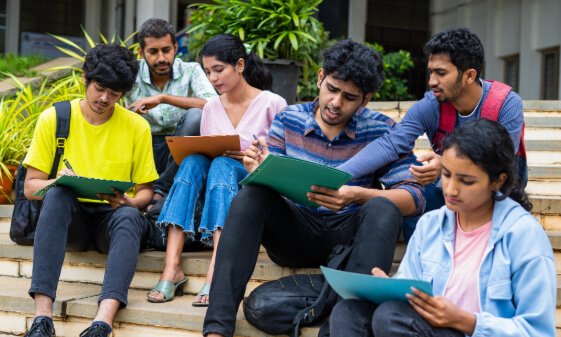


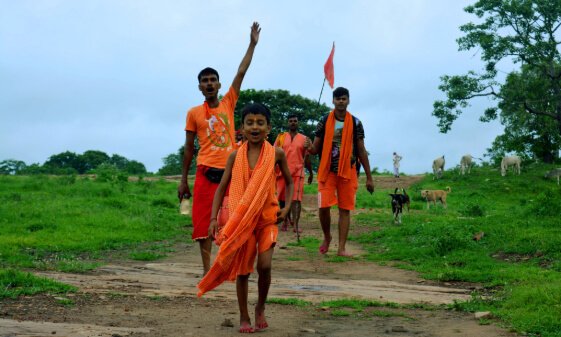

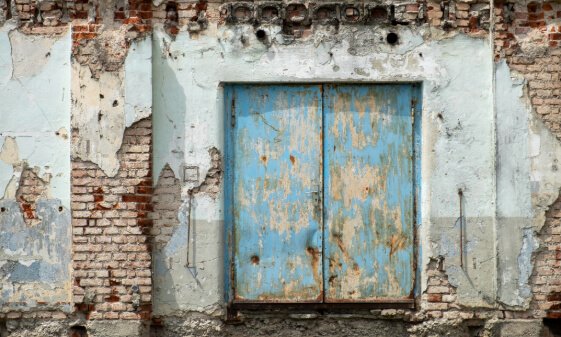
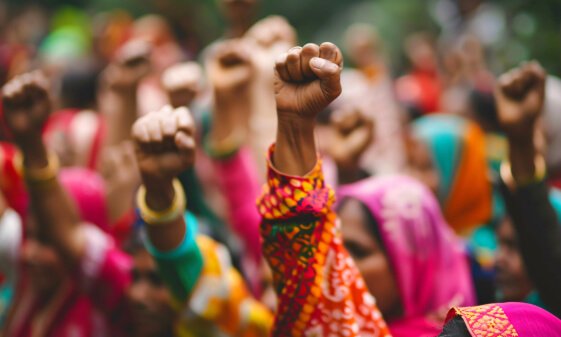
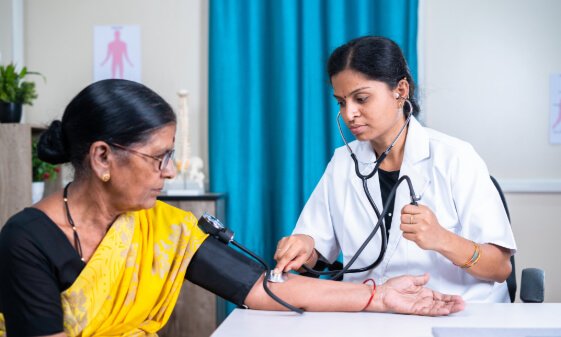
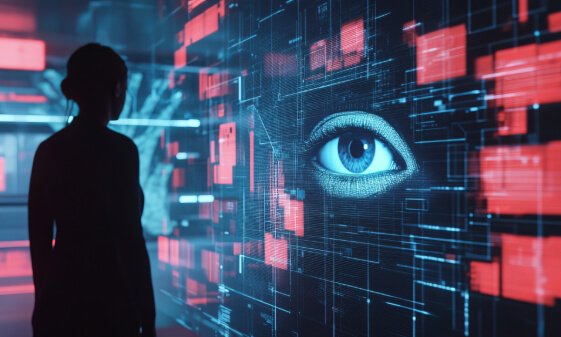


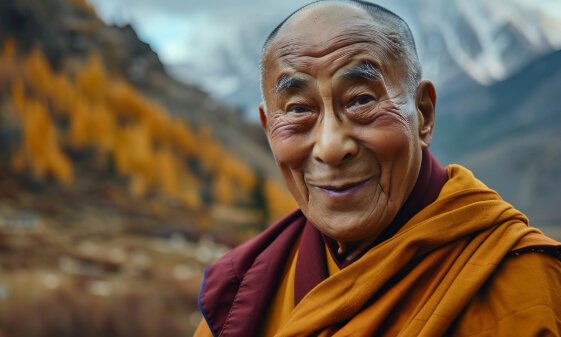
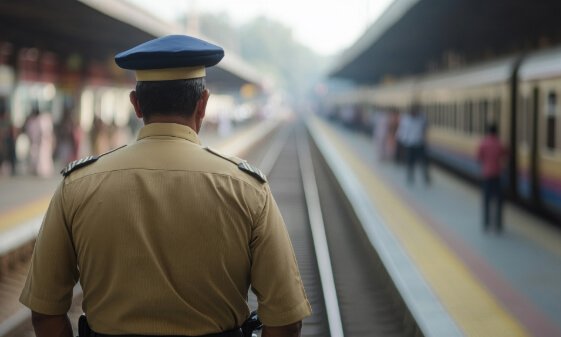
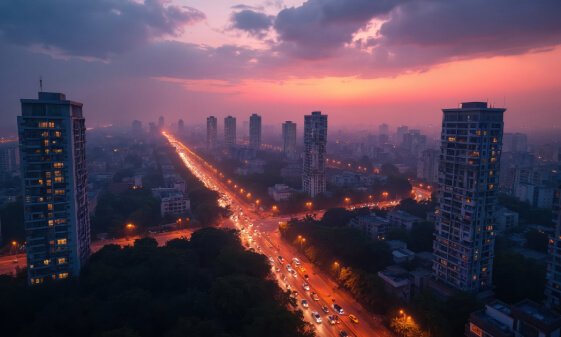


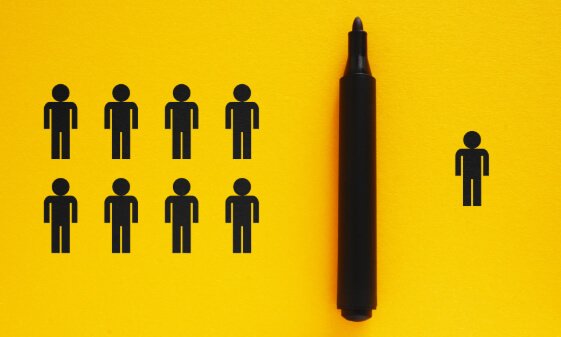

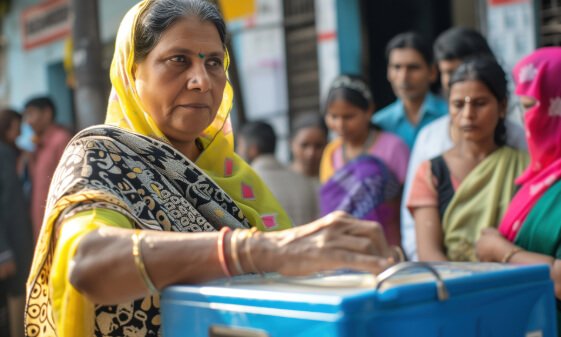










A journalist, Sneha Barve, was violently assaulted while reporting on suspected illegal construction along a riverbed in Pune district. The main accused, local businessman, struck her repeatedly with a wooden rod while she was filming a video report. That such an act was carried out in broad daylight, against a woman journalist, while the camera was rolling, shows how deeply the culture of impunity has taken root among individuals who operate close to political power.